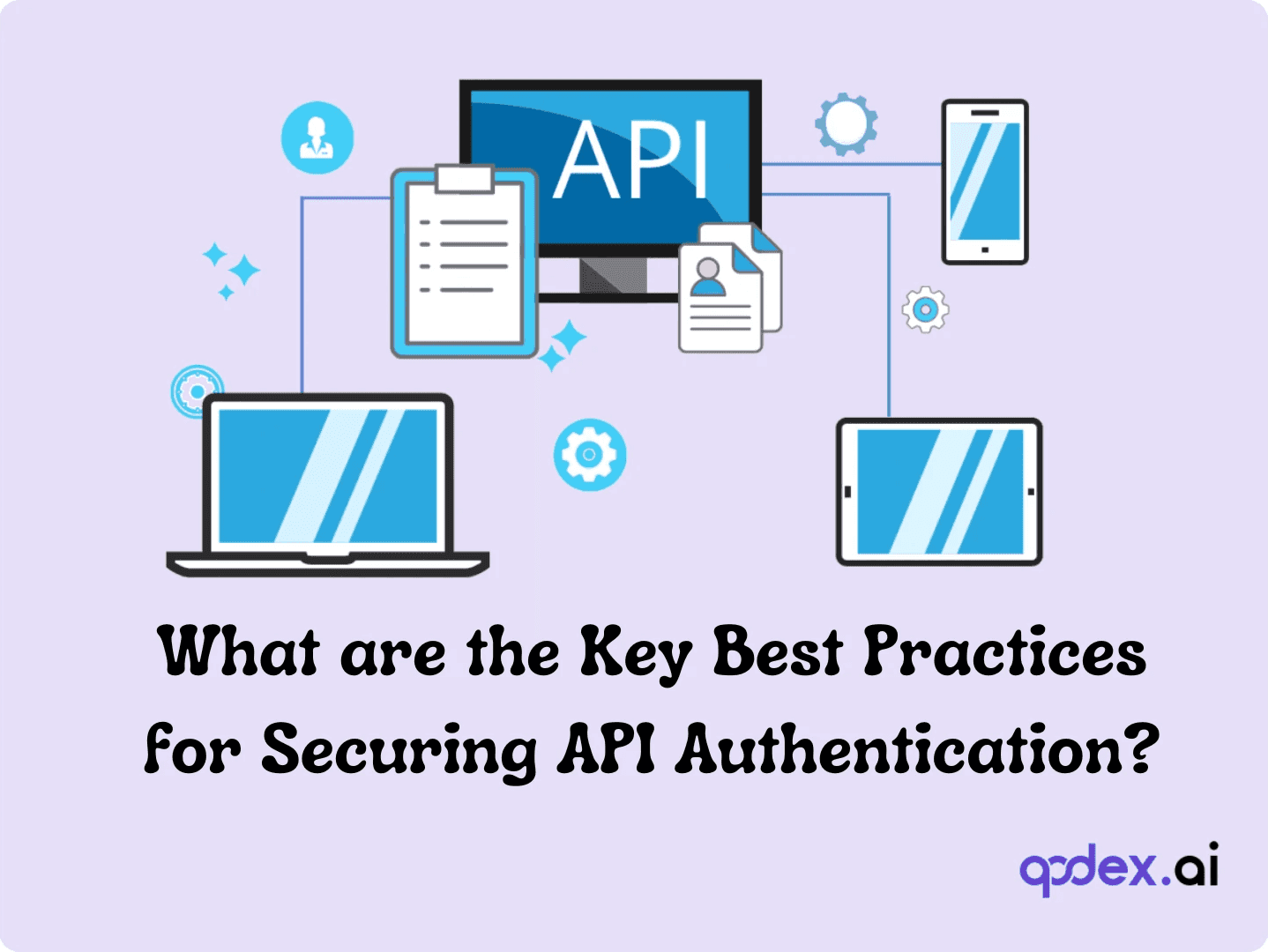Podman Vs Docker | Key Differences
Introduction
Picture this: You're a web developer, and you've just crafted an amazing application. It works flawlessly on your machine, but when you try to deploy it, things go haywire. Sound familiar? That's where container orchestration comes to the rescue!
What's the Big Deal with Container Orchestration?
Container orchestration is like having a super-efficient personal assistant for your software. It helps package, deploy, and manage your applications in neat little bundles called containers. These containers are like digital suitcases – they pack everything your app needs to run, from code to dependencies, ensuring it works the same way everywhere.
But why is this such a game-changer in modern web development? Well, imagine being able to:
Deploy your app lightning-fast across different environments
Scale up or down effortlessly based on demand
Ensure consistency from development to production
Simplify updates and maintenance
That's the magic of container orchestration! It's revolutionizing how we build, ship, and run applications, making life easier for developers and operations teams alike.
In today's fast-paced digital world, businesses need to innovate quickly and efficiently. Container orchestration tools are the secret weapons that make this possible, allowing teams to focus on creating awesome features instead of wrestling with deployment headaches.
As we dive deeper into the world of containers, we'll explore two major players in the field: Docker and Podman. These tools are shaping the future of web development, each with its own unique approach to solving the container puzzle.
The Docker Phenomenon: Containers Made Cool
Remember when virtual machines were all the rage? Well, Docker came along in 2013 and said, "Hold my beer." It wasn't just a new tool; it was a revolution in how we think about software deployment.
What's Docker, Anyway?
At its core, Docker is a platform that uses containerization technology to make it super easy to create, deploy, and run applications. Think of it as a shipping container for your code – everything it needs is packed inside, ready to be sent anywhere.
Docker's Secret Sauce
So, what makes Docker special? Here's the scoop:
One-Stop Shop: Docker isn't just a single tool; it's a whole ecosystem. From creating containers to managing them, Docker's got you covered.
Portability Paradise: "It works on my machine" becomes "It works on every machine." Docker containers run the same everywhere, from your laptop to a massive cloud server.
Resource Efficiency: Unlike virtual machines, Docker containers share the host system's OS kernel, making them lightweight and quick to start.
Vast Community: With Docker, you're never alone. The Docker Hub is like a massive library of pre-built containers, saving you time and effort.
Docker: The Industry's Darling
Docker didn't just enter the scene; it dominated it. It became the go-to solution for containerization, with "Docker" and "container" often used interchangeably (even though that's not entirely accurate).
Major players like Google, Amazon, and Microsoft all jumped on the Docker bandwagon, integrating it into their cloud services. It's like the cool kid in school that everyone wants to be friends with.
Enter Podman: The New Contender
While Docker was basking in the limelight, Red Hat was cooking up something interesting. Enter Podman, a container engine that's here to shake things up.
Podman 101
Podman is Red Hat's answer to the container question. Launched as part of the Red Hat Enterprise Linux 8, it's designed to develop, manage, and run OCI (Open Container Initiative) containers.
Podman's Unique Flavor
What sets Podman apart? Let's break it down:
No Daemon, No Cry: Unlike Docker, Podman doesn't rely on a background process (daemon) to run containers. This means better security and simpler debugging.
Rootless by Default: Podman lets you run containers without root privileges, a big win for security-conscious folks.
Kubernetes-Friendly: Podman speaks Kubernetes' language natively, making the transition from development to production smoother.
Plays Well with Others: Podman is part of a suite of tools. It works hand-in-hand with Buildah for building containers and Skopeo for image management.
The Podman Ecosystem
Podman isn't flying solo. It's part of a modular set of tools that work together:
Buildah: The master builder, specializing in creating OCI container images.
Skopeo: The image manager, handling container image inspection and transfer.
CRI-O: A lightweight runtime for Kubernetes, playing nice with Podman's containers.
This modular approach means you can mix and match tools based on your needs, rather than being locked into a one-size-fits-all solution.
Making the Call: Podman or Docker?
So, you're sold on containers (smart move!), but now you're scratching your head wondering whether to go with Podman or stick with Docker. Don't sweat it – we've got you covered. Let's break down when each shines and how you might even use them together. It's not always an either/or situation!
When Podman Takes the Crown 🏆
Security is Your Middle Name If you're working in a high-security environment, Podman's rootless containers are your new best friend. It's like having a bouncer for each container – no unauthorized access allowed!
Kubernetes is Your Playground Planning to deploy to Kubernetes? Podman speaks its language fluently. It's like having a translator built-in, making your transition from dev to production smoother than a fresh jar of skippy.
You Love Mix-and-Match If you prefer a modular approach where you can pick and choose tools for different tasks, Podman's your guy. It plays well with others like Buildah and Skopeo, giving you more flexibility.
SystemD Integration Matters For those managing services with SystemD, Podman's native integration is a big plus. It's like having your cake and eating it too – containers and system services living in harmony.
Docker Still Rocks When... 🚀
You're All About That Ecosystem If you're already deep into the Docker ecosystem and loving it, why fix what isn't broken? Docker's extensive tooling and community support are hard to beat.
Docker Swarm is Your Jam If you're using or planning to use Docker Swarm for orchestration, sticking with Docker makes sense. It's like choosing to stay with the band that knows all your favorite songs.
You Want the Easiest Onboarding For newcomers to containerization, Docker's user-friendly approach and vast resources make the learning curve less steep. It's like learning to drive with an automatic before tackling manual.
Why Not Both? The Power Couple Approach 💪
Here's a little secret: You don't always have to choose! Podman and Docker can work together like peanut butter and jelly. Here's how:
Gradual Migration Start with Docker and gradually introduce Podman for specific use cases. It's like slowly adding healthier options to your diet – you get the best of both worlds.
Development vs. Production Use Docker for local development for its ease of use, then switch to Podman for production deployments to leverage its security features. It's like wearing sneakers to train but switching to cleats for the big game.
Task-Specific Usage Use Docker for its robust build capabilities and Podman for running containers, especially in rootless environments. It's like using a food processor to prep ingredients but a skillet to cook them.
Conclusion
As we wrap up our journey through the world of Podman and Docker, remember that both tools have their strengths. Docker's user-friendly approach and vast ecosystem make it a solid choice for many, while Podman's security features and Kubernetes compatibility offer compelling advantages. The beauty is, you don't always have to choose – they can work together harmoniously.
Ultimately, the best tool depends on your specific needs. Whether you go with Podman, Docker, or a combination of both, you're now equipped to make an informed decision. Happy containerizing, and may your deployments be smooth and your applications scalable!
Frequently Asked Questions
Why should you choose Qodex.ai?
Qodex.ai simplifies and accelerates the API testing process by leveraging AI-powered tools and automation. Here's why it stands out:
- AI-Powered Automation
Achieve 100% API testing automation without writing a single line of code. Qodex.ai’s cutting-edge AI reduces manual effort, delivering unmatched efficiency and precision.
- User-Friendly Platform
Effortlessly import API collections from Postman, Swagger, or application logs and begin testing in minutes. No steep learning curves or technical expertise required.
- Customizable Test Scenarios
Whether you’re using AI-assisted test generation or creating test cases manually, Qodex.ai adapts to your needs. Build robust scenarios tailored to your project requirements.
- Real-Time Monitoring and Reporting
Gain instant insights into API health, test success rates, and performance metrics. Our integrated dashboards ensure you’re always in control, identifying and addressing issues early.
- Scalable Collaboration Tools
Designed for teams of all sizes, Qodex.ai offers test plans, suites, and documentation that foster seamless collaboration. Perfect for startups, enterprises, and microservices architecture.
- Cost and Time Efficiency
Save time and resources by eliminating manual testing overhead. With Qodex.ai’s automation, you can focus on innovation while cutting operational costs.
- Continuous Integration/Delivery (CI/CD) Compatibility
Easily integrate Qodex.ai into your CI/CD pipelines to ensure consistent, automated testing throughout your development lifecycle.
How can I validate an email address using Python regex?
You can use the following regex pattern to validate an email address: ^[a-zA-Z0-9._%+-]+@[a-zA-Z0-9.-]+\.[a-zA-Z]{2,}$
What is Go Regex Tester?
Go Regex Tester is a specialized tool for developers to test and debug regular expressions in the Go programming environment. It offers real-time evaluation of regex patterns, aiding in efficient pattern development and troubleshooting
Discover, Test, & Secure your APIs 10x Faster than before
Auto-discover every endpoint, generate functional & security tests (OWASP Top 10), auto-heal as code changes, and run in CI/CD - no code needed.
Related Blogs


